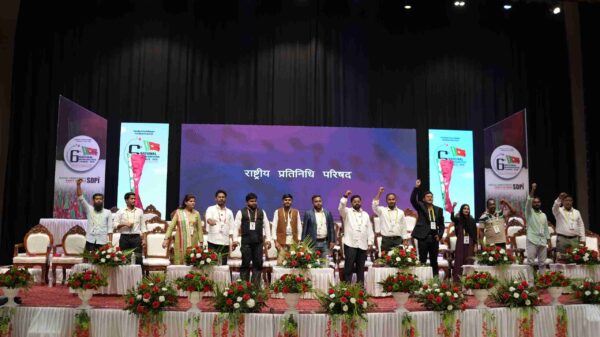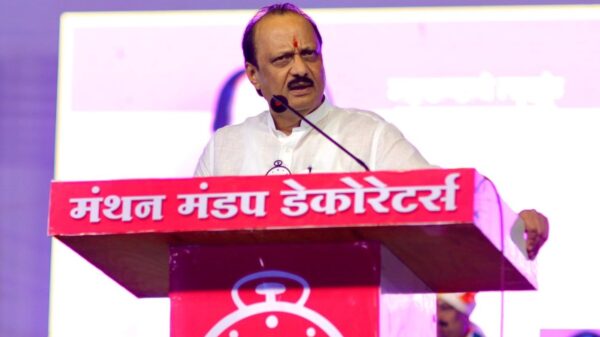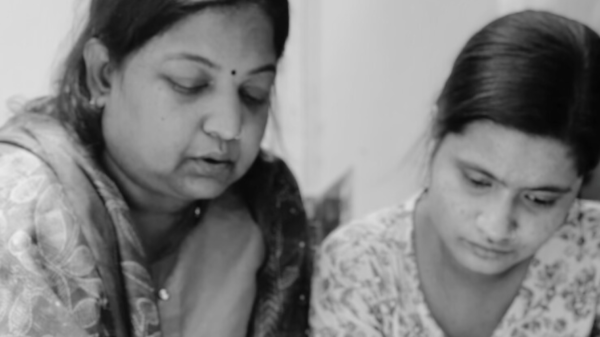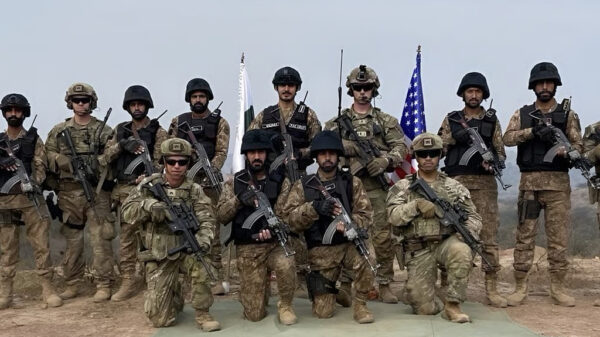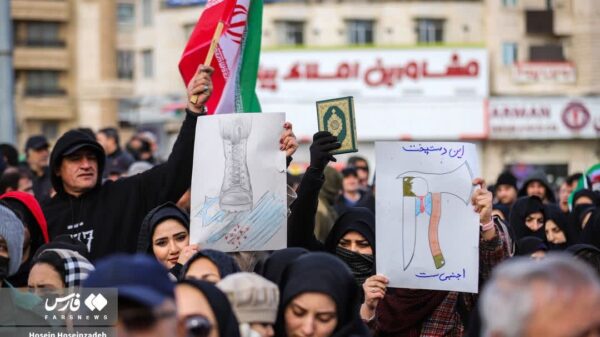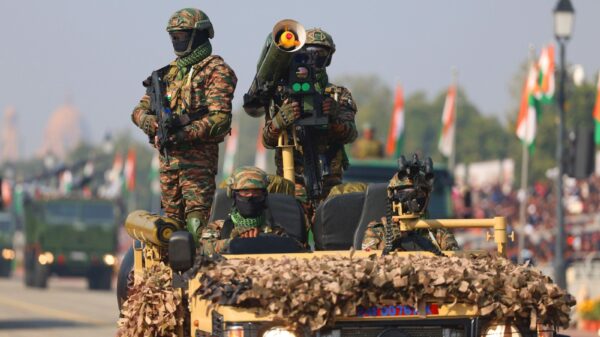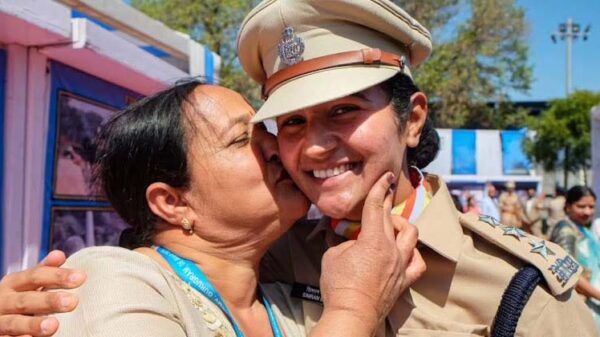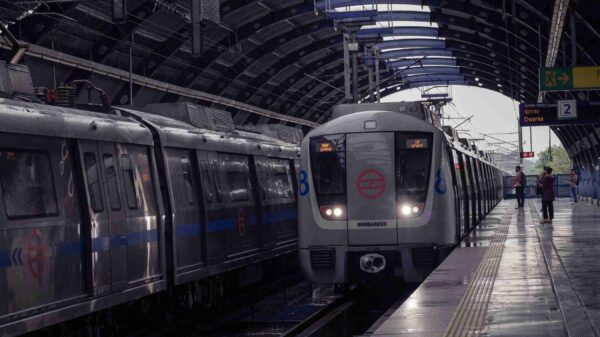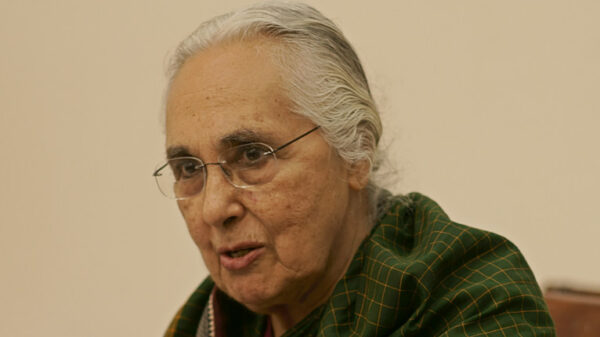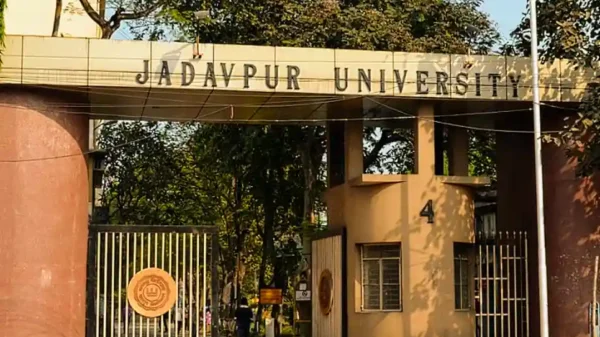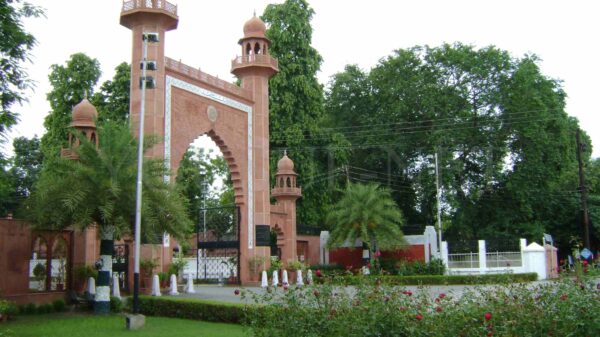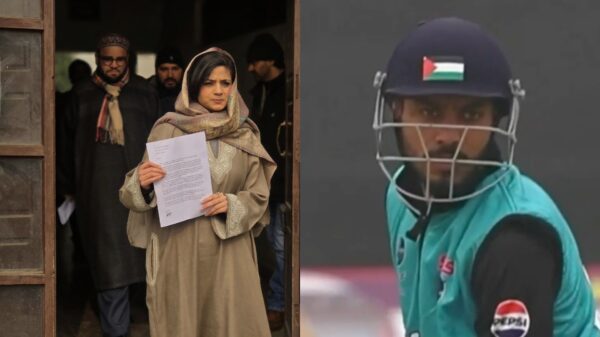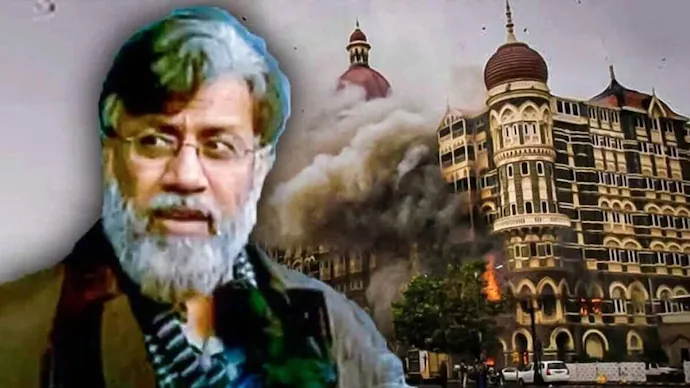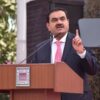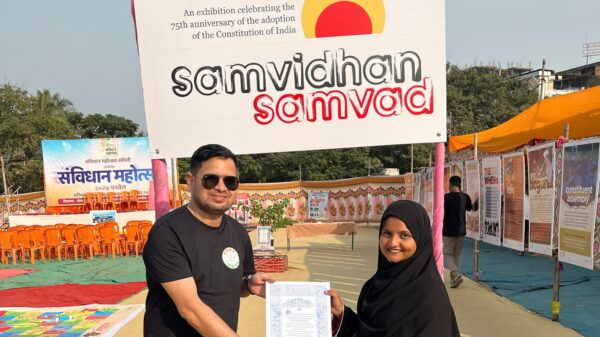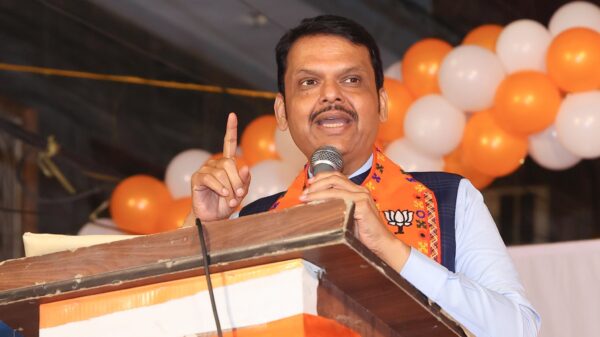Tahawwur Hussain Rana, a key accused in the 2008 Mumbai attacks, has arrived in India following his extradition from the United States. His special flight landed in Delhi around 2:39 pm on Thursday, with Indian authorities bringing him after a failed attempt to block his extradition in the US Supreme Court. Rana, a Pakistan-born Canadian national, will be lodged in a high-security ward at Delhi’s Tihar Jail as he faces trial in the National Investigation Agency (NIA) case related to the attacks.
Shashi Tharoor, senior Congress leader, praised the extradition, saying that all individuals involved in the Mumbai attacks must face justice. He referred to the extradition as a “step forward for justice” and expressed hope that others involved in the conspiracy would also be brought to justice.
Former home secretary Gopal Krishna Pillai also weighed in, stating that Rana would likely be convicted in India, potentially facing a death sentence for his role in the attacks. Pillai highlighted Rana’s significant involvement in facilitating the attack, including setting up the visa for David Coleman Headley—another conspirator—and providing cover for him in Mumbai.
Senior advocate Dayan Krishnan, who led the legal efforts for Rana’s extradition, will now lead the NIA prosecution in India. Krishnan will be assisted by Narender Mann, a special public prosecutor, and other legal experts in a team tasked with prosecuting Rana for his involvement in the deadly attack.
The Modi government has received credit for the extradition of Rana, but opposition parties, such as Congress, have pointed out that the extradition is the culmination of years of diplomatic and legal work that began under the previous UPA government. P. Chidambaram, former home minister, dismissed claims of the current government’s role in initiating the extradition, stating that it was the result of years of efforts by India’s diplomatic, law enforcement, and intelligence agencies.
Read More: Tahawwur Rana’s Extradition Is a Big Success of PM Modi’s Diplomacy: Amit Shah
Meanwhile, Pakistan’s Foreign Office distanced itself from Rana, asserting that he had not renewed his Pakistani citizenship in over two decades and confirming his Canadian nationality. This statement came amidst growing scrutiny over Pakistan’s role in the 26/11 attacks, as Indian authorities continue to pursue individuals linked to the attack who remain outside India’s reach.
The Delhi court handling the case has received the trial records from Mumbai, and the process for prosecuting Rana in India is now in motion. The case is expected to proceed with rigorous legal efforts, as authorities and victims’ families await justice for the 166 lives lost during the 2008 Mumbai terror attacks.







